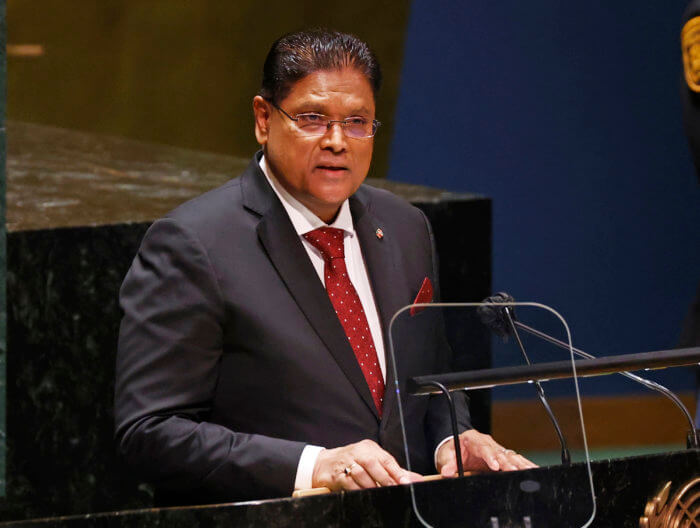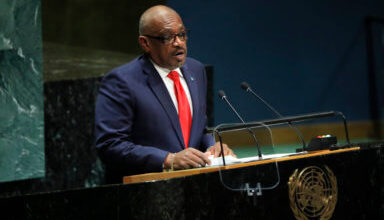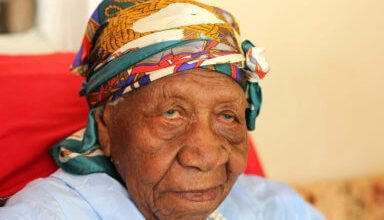CARICOM MEETS ON HAITI

As armed street gangs gain greater control over parts of CARICOM member nation, Haiti, each day, Caribbean leaders met in emergency session virtually late Monday night but they stayed clear of agreeing to mount a long promised fact-finding mission to the country because of the dire security situation.
Haitian President Ariel Henry was among the leaders who attended the meeting and he appealed for whatever help the 15-nation bloc could lend the strife-torn nation in one of its darkest hours.
Earlier on Monday, the United Nations Security Council met on Haiti. Belize’s Permanent UN Representative Carlos Fuller spoke on behalf of the region. The Nassau Guardian newspaper reported that Fuller said the region will do its best to assist Haiti.
“The Haitian people cannot do it alone. They require meaningful support from various regional, hemispheric and international partners to assist in implementing the way forward,” he said in opening remarks at the session, attended by all member nations except Antigua, St. Lucia and St. Kitts.
CARICOM has been coming under increasing pressure to assist its most populous member state but the bloc has made clear that its financial, military and other capabilities are not enough to deal with the situation there.

The meeting came days after bloc Chairman President Chan Santokhi of Suriname and Canadian Prime Minister Justin Trudeau spoke about developments there. The two are expected to have follow up sessions in the coming days.
The virtual session of heads also came hours after Canada and the US sent “security equipment” including tactical armored vehicles to local security forces to help them take by some form of control from marauding gangs terrorizing poor communities, blocking roads, raping and robbing ordinary citizens.
“This equipment will assist the Haitian National Police in their fight against criminal actors who are fomenting violence and disrupting the flow of critically-needed humanitarian assistance, hindering efforts to halt the spread of cholera,” a statement from the two said at the weekend.
The gangs are protesting against several ills in society including rising fuel and food prices. They are also demanding the resignation of President Henry who controversially succeeded Jovenel Moise after Moise was assassinated by hired Colombian gunmen in July of last year. His wife was also seriously injured but has recovered. Moise’s murder has helped to trigger an even more tenuous security situation in Haiti authorities have said.
The paper also reported that The Bahamian Minister of Foreign Affairs, Fred Mitchell announced that the cabinet will likely consult with the local security system to determine what role, if any, The Bahamas should play in Haiti.
“So, what we understand now is the United States is preparing a resolution, perhaps the Canadian government is also involved to move the UN to see whether or not the UN is ready to answer the request of the de facto Haitian government for some support for their national police with boots on the ground. It’s not anywhere close to that now but the prudent thing for our own country to do is to have our forces give us advice on if we are asked for such an eventuality, can we participate and to what extent can we participate?” Mitchell said.
Fuller, meanwhile, told the Security Council that CARICOM remained pained by the situation on the ground in Haiti.
“CARICOM firmly condemns the excess in warfare and actions of the gangs that have essentially paralyzed the country. We empathize with the critical need to strengthen the capacity of the Haitian national police in a concerted effort to fully restore security and enable the rule of law to prevail. In this connection, heads of government have taken note of the appeal of PM Henry for the urgent assistance of Haiti’s international partners for short-term assistance to address the security and humanitarian crisis,” he said.
The crisis has had implications for neighboring regional states such as The Bahamas and the Turks and Caicos Islands as boatloads of locals fleeing the violence have been either washed up there or have been intercepted at sea and had to be offered humanitarian assistance until repatriation arrangements are completed.



